| A new Twitter follower picked up on my post on self-compassion and flagged her own about the urge to rescue other people when the one who really needs rescuing is herself. Well, that got me rethinking a familiar theme which might account for why my email inbox is clogged and my to-do list is endless when the world is meant to be on pause. Apologies to those struggling with a loss of human contact and structure but, from where I stand, there’s a surfeit of life-belts in an extremely small pond. |
Welcome
I started this blog in 2013 to share my reflections on reading, writing and psychology, along with my journey to become a published novelist. I soon graduated to about twenty book reviews a month and a weekly 99-word story. Ten years later, I've transferred my writing / publication updates to my new website but will continue here with occasional reviews and flash fiction pieces, and maybe the odd personal post.
|
11 Comments
Realising I needed a stronger reason for pairing these recent reads than the alliterative letter L, I nevertheless feel shabby to have linked them through the childminder role. Okay, the nanny is the protagonist of the first, although she remains a shadowy figure, but only one of many characters in the second where it’s as a mother, rather than as a parent substitute, that she advances the story. But, as was noted at the Zoom meeting of my book group discussion of Lullaby, nannies are as invisible in literature as they are in life. Rather belatedly, I also see that they’re both about fault-lines: the first metaphorically, the second geologically.
The titles themselves are reason enough to pair these recently published American novels. What I didn’t expect when I picked them from my TBR shelf is that they’d both feature the painful shock, especially among women, of Donald Trump’s election to president. The first zooms in on alienation, perceived inadequacy and a painful discovery of one’s own propensity to violence. The second forefronts the anxiety engendered by the climate crisis and rampant capitalism. I wonder if either of these authors is considering a sequel about their characters’ relationships with the coronavirus pandemic!
Strange bedfellows these two translations: the first an historical novel from France; the second a contemporary slipstream novel from South Korea. My excuse for linking them is an issue that was on my mind the day I finished the first and started the second, thanks to a non-fiction book I had ordered. Although women being blamed for sexual abuse and harassment is only a minor issue in these novels, it’s so important I make no apology for ushering it into the limelight.
I’ve recently read two historical novels about morality with surprising echoes of our current pandemic. The first is a fun story set in 17th-century London about a young woman concerned about losing the respect of her relatives when she turns to prostitution after becoming homeless during the Great Plague. The second is set in a copper mining community in 1850s South Africa, where lives are lost because the owners put profit before people.
|
entertaining fiction about identity, mental health and social justice
Annecdotal is where real life brushes up against the fictional.
Annecdotist is the blogging persona of Anne Goodwin:
reader, writer, slug-slayer, tramper of moors, recovering psychologist, struggling soprano, author of three fiction books. LATEST POSTS HERE
I don't post to a schedule, but average around ten reviews a month (see here for an alphabetical list), some linked to a weekly flash fiction, plus posts on my WIPs and published books. Your comments are welcome any time any where. Get new posts direct to your inbox ...
or click here …
Popular posts
Categories/Tags
All
Archives
March 2024
BLOGGING COMMUNITIES
|
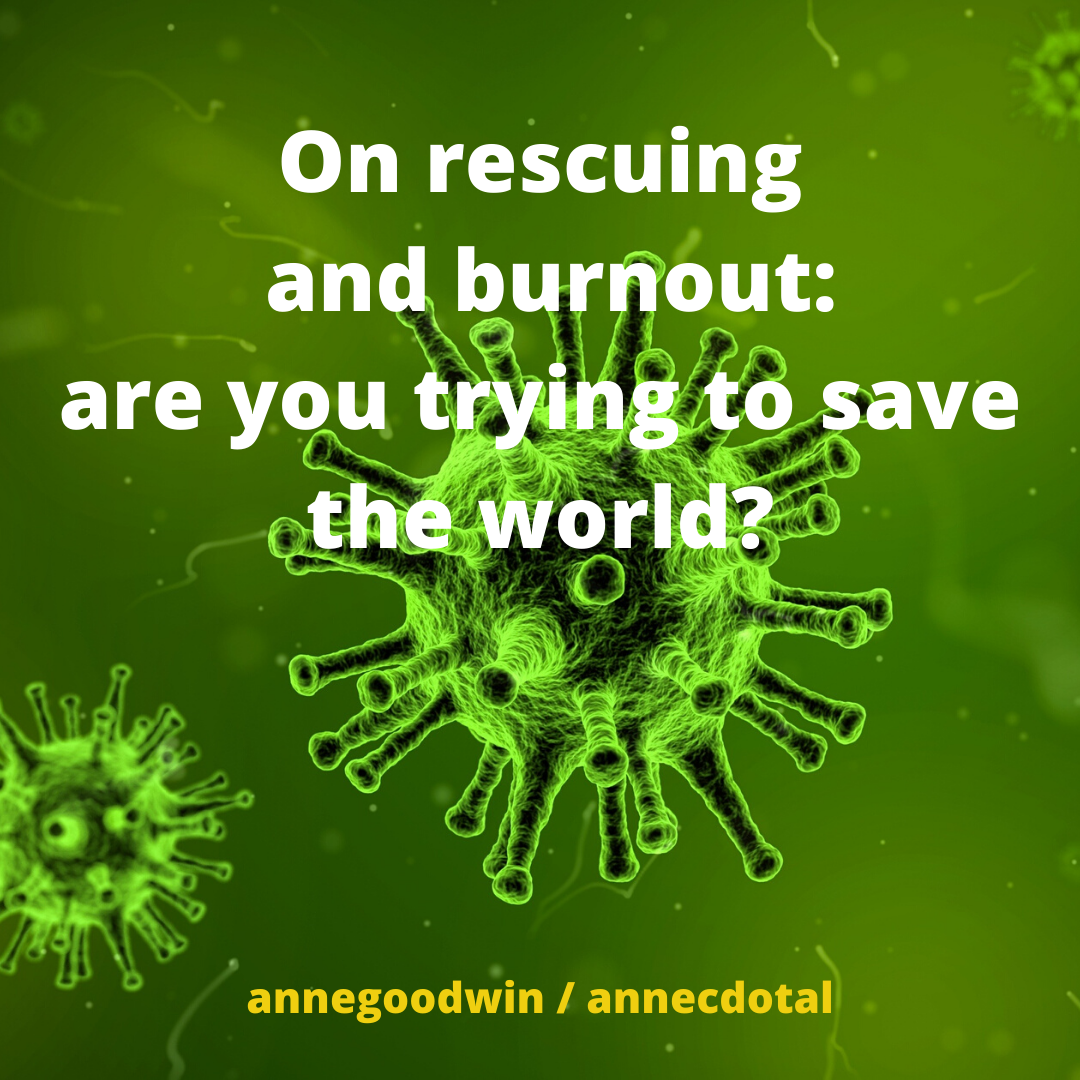
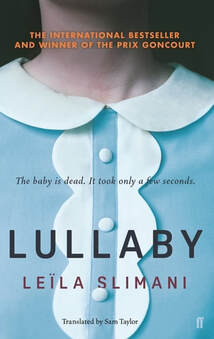
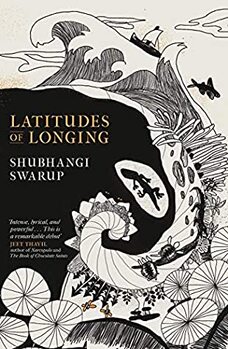
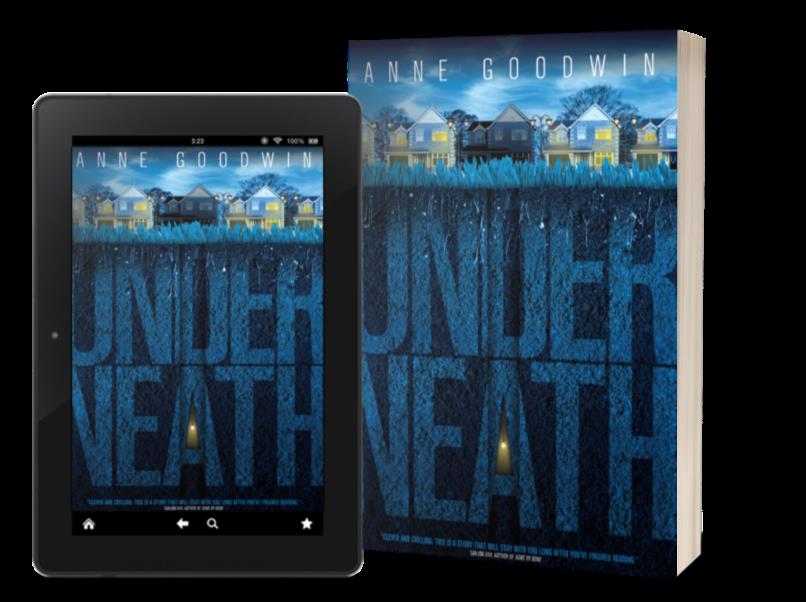
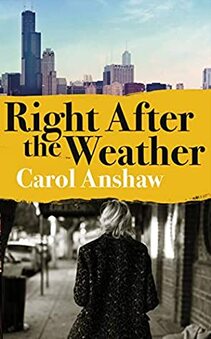
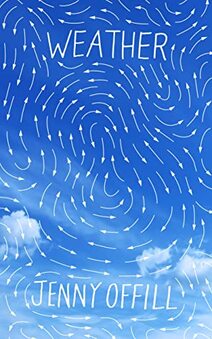
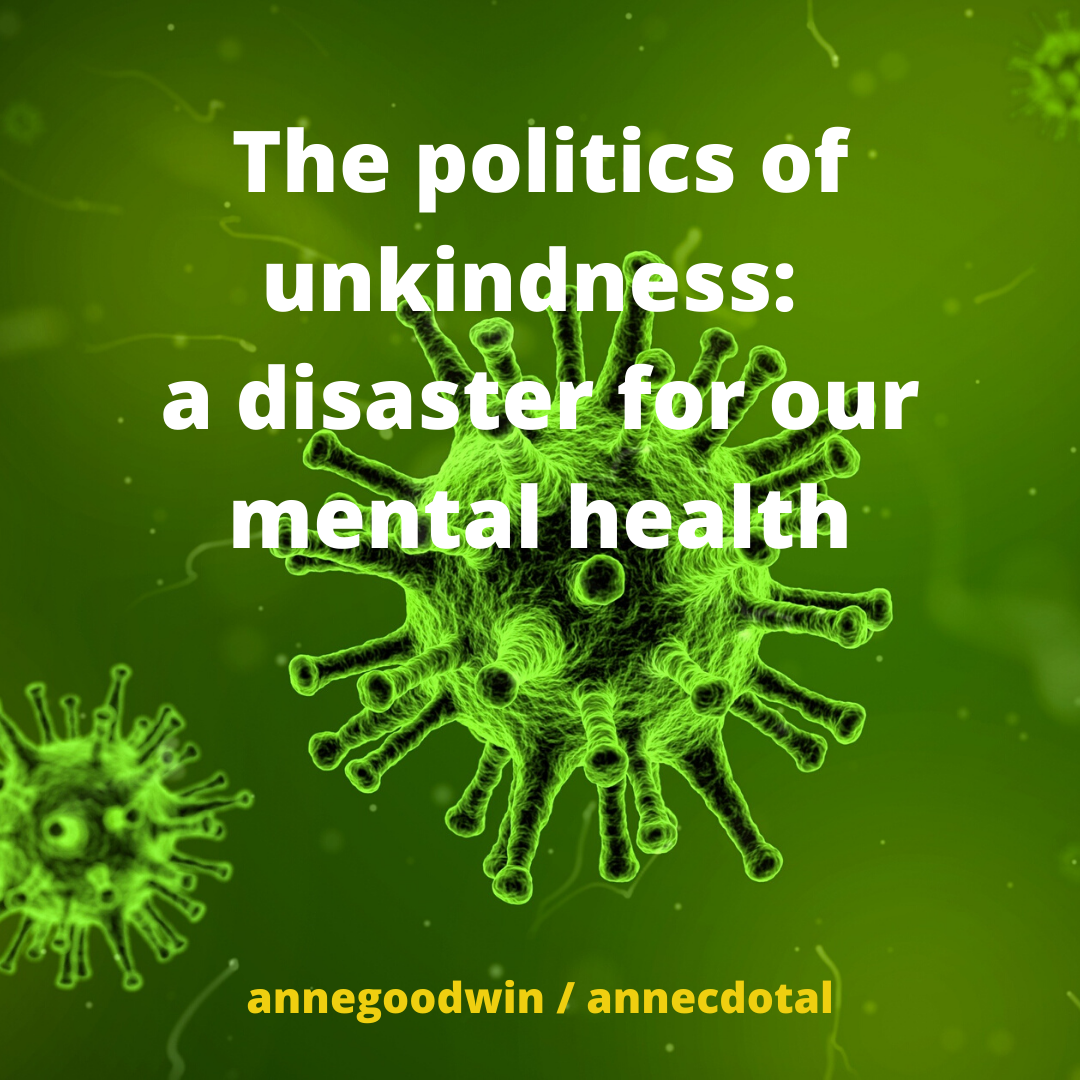
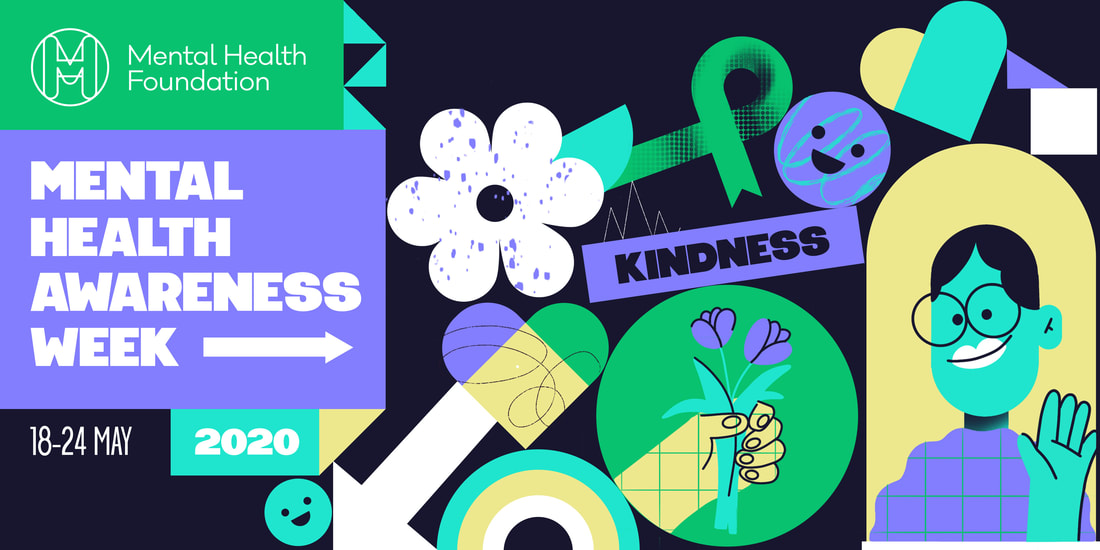
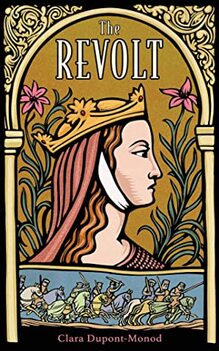
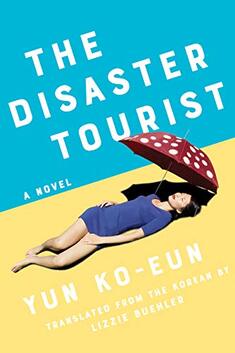
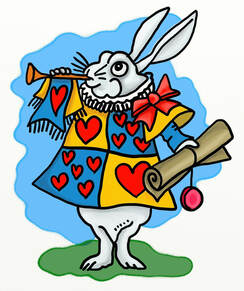
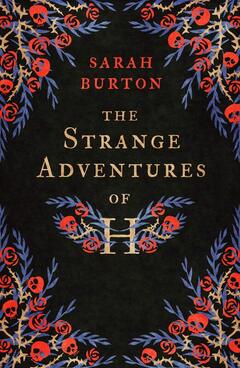
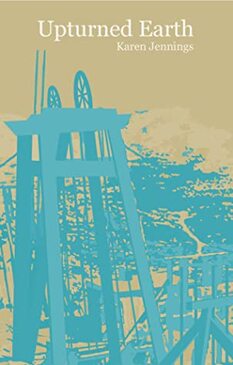
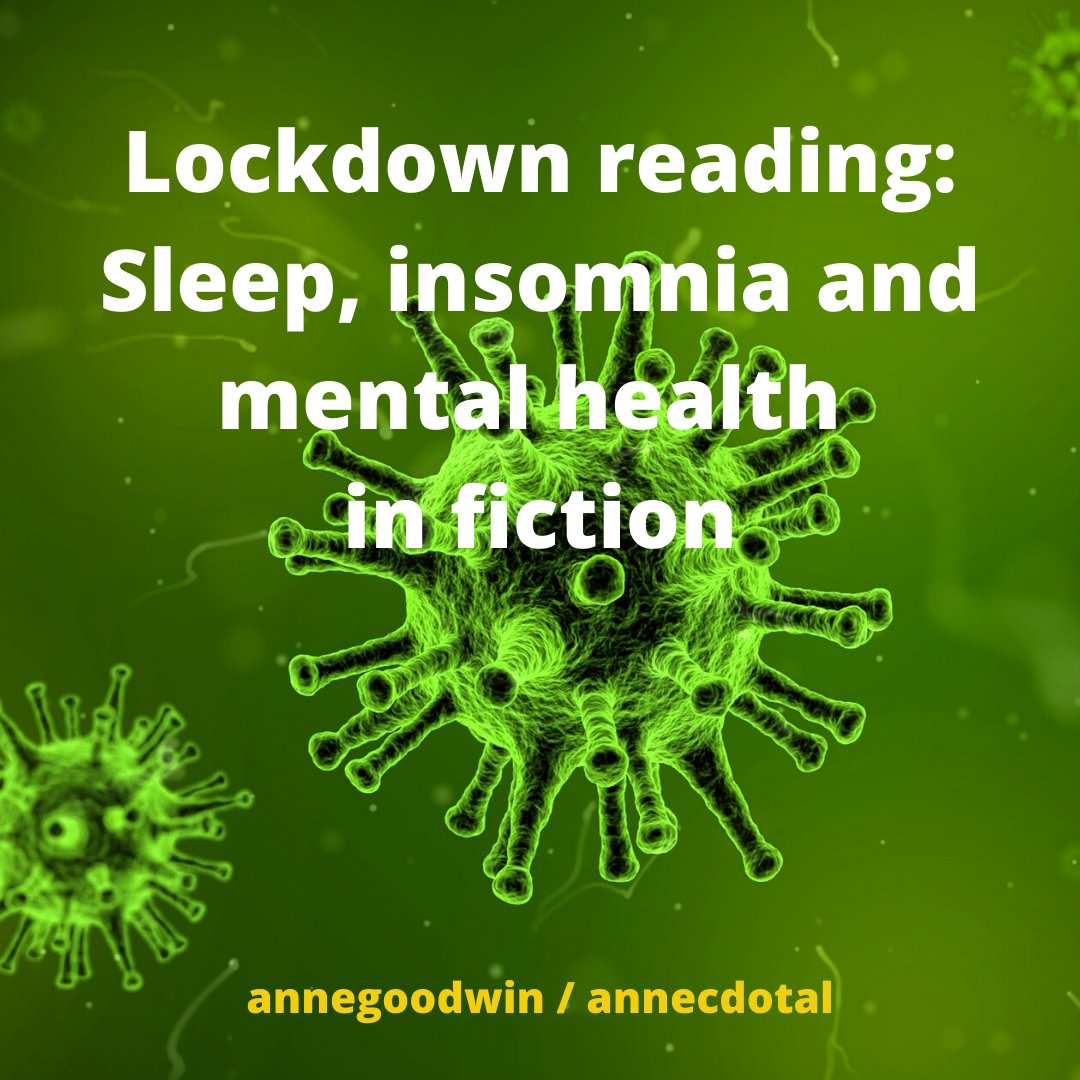





















 RSS Feed
RSS Feed





















